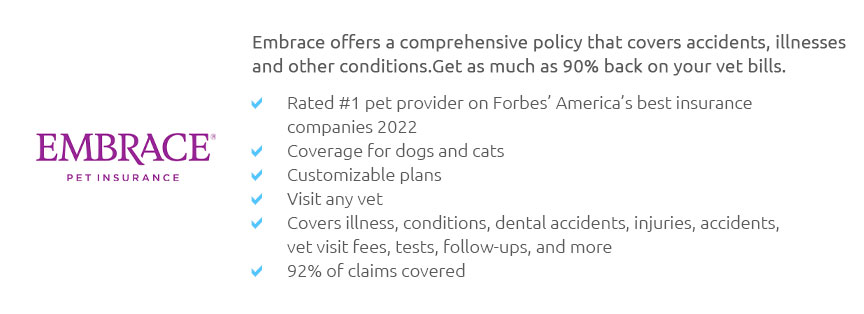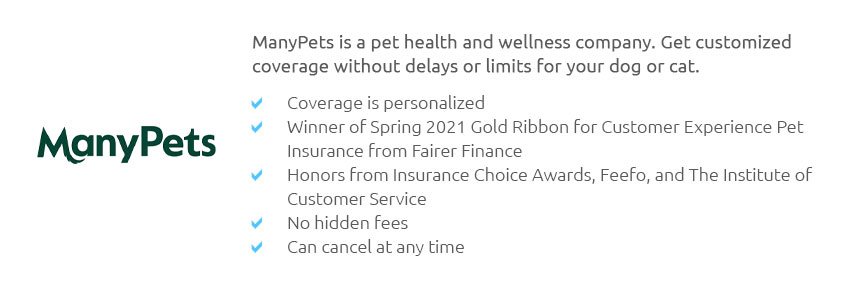 |
 |
 |
 |
 |
|
 |
|
 |
|
 |
|
 |
|
 |
|
 |
|
 |
 |
pet medical insurance plans reviews for clear, confident choicesReviews act like a map: imperfect, but they reveal the terrain. Read them to understand how a plan performs under stress, not just how it looks on a pricing page. The goal is simple - convert other people's outcomes into your next wise action. How to read the signal in the noiseScan for patterns over anecdotes. One dramatic story can mislead; ten similar stories form a trend. Prioritize consistency over charisma.
Initial thought: "Unlimited coverage must be best." Second thought: predictable payouts, fast claims, and fair exclusions often beat unlimited ceilings you may never reach. Claims experience: the decisive edgeGood plans minimize friction when you're stressed. Reviews that mention pre-approval clarity, checklists for documentation, and same-week reimbursements signal operational maturity.
Real-world moment: sitting in an urgent care lobby after my dog's knee slipped, I filtered pet medical insurance plans reviews for "emergency claim." The timelines people reported guided which insurer I called first to confirm coverage and proceed without freezing up. Exclusions you can spot quickly
Price versus valueCheap premiums feel smart until a slow claim or narrow coverage costs more in outcomes. Value is claim reliability plus medical breadth, at a price that won't spike hard at ages 7, 10, and 12. Reviews often flag these jump points. Red flags reviewers surface
How to use mixed reviews wiselyFive-star bursts show relief; one-star posts show friction. Read the most recent 1-star and 4-star reviews - then check whether the company responded with steps, not slogans. If responses include policy citations and timelines, that's a good operational sign. Shortlist by action, not hunch
Balanced view on limits and reimbursementsHigher reimbursement percentages sound comforting. Still, if a plan excludes exam fees and rehab, a 90% rate might pay less than an 80% plan with broader eligibility. Reviews help you quantify this trade-off before it's urgent. What matters on the worst dayOn the day you need it, you want three things: quick approval for treatment, clear documentation steps, and funds arriving before your credit card statement hurts. Plans that earn steady praise on those points deserve your shortlist. Bottom line: Use pet medical insurance plans reviews to evaluate operations, not just emotions. Read for patterns, verify with sample policies, and choose the plan that turns emergencies into manageable events. Then act - your future self, and your pet, will benefit from the calm you bought today.
|